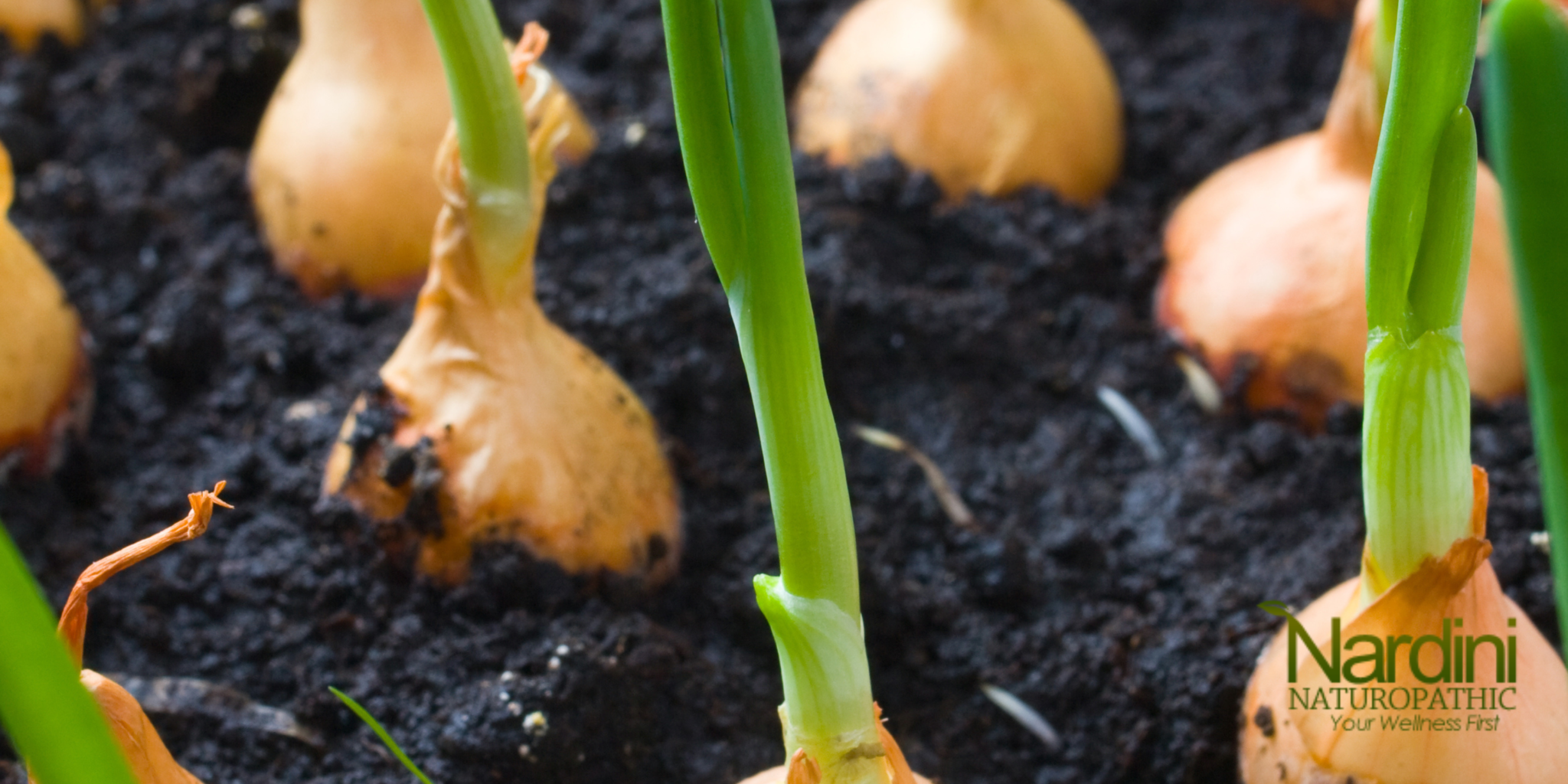We hear repeatedly that it’s important to keep your immune system healthy so you can fight off microscopic organisms that make you ill.
What if I asked you, instead, to look at the “immune system” more as a detoxification and repair system? When it’s healthy, you’re able to fight off the chemical toxins, electromagnetic frequencies, and stress that are really making you sick.
So, the next question is: how do we keep this immune system healthy?
The main reason that these differing types of toxins are harmful to the body is due to a phenomenon known as oxidative stress. This involves the creation of “free radicals”, chemicals that cause direct damage to the cells and tissues of the body.
Normally, the body has a reserve of “antioxidants” that help to disarm the free radicals, thus reducing the oxidative stress the body must cope with. However, repeated exposure to toxins or an insufficient intake of required nutrients, can deplete the body’s stores of antioxidants.
One of the most important antioxidants in the body is a short peptide molecule called glutathione. Making sure that you have sufficient levels of glutathione is the best insurance against illness by keeping the detox and repair systems functioning in top form.
How do we maintain healthy glutathione levels? First, let’s look at what makes up glutathione, including one of its main building blocks – N-acetyl-cysteine.
What is N-Acetyl-Cysteine?
One of the body’s most abundant antioxidants, glutathione is needed for optimal function in many areas of health. But what is glutathione made from?
Glutathione is a tripeptide consisting of three amino acids – glutamic acid, glycine, and cysteine1.
Present in all plant and animal cells, glutathione’s powerful antioxidant property comes from the sulphur-containing thiol group of its cysteine component.
N-acetyl-cysteine (or NAC for short) is a precursor of L-cysteine and is abundant in plants of the onion family, particularly onion itself2. So, consuming NAC is a good way to provide one of the essential building blocks of glutathione.
But, if glutathione is so important, why not just consume glutathione?
According to research, NAC has a much better oral bioavailability than glutathione does3. What this means is that taking NAC by mouth will increase the body’s stores of glutathione better than what you get when you take oral glutathione.
So, taking easy-to-find NAC is one of the best ways to boost glutathione in the body.
Let’s look at some of the ways that taking NAC may improve your health.
What is NAC Good For?
1. Detoxification
Two of the body’s most important organs of detoxification and elimination are the liver and the kidneys. Protecting them from the damage of toxic substances is a key to maintaining their healthy function.
As a building block of the antioxidant glutathione, NAC appears to protect the liver and kidneys from oxidative stress. In fact, N-acetyl-cysteine has been used in hospitals for decades to protect the liver and kidneys from acute acetaminophen (Tylenol) poisoning4.
A literature review in 2020 discovered that NAC may improve markers of inflammation and fat accumulation in the liver in non-alcoholic fatty liver disease (NAFLD)5.
NAC also appears to have a direct effect on toxic exposure. A review article in 2018 showed promise with the use of N-acetyl-cysteine as a detoxifier of toxic metals, like mercury, lead, and aluminum6.
So, NAC appears to aid the detox process directly, and indirectly by boosting glutathione.
2. Respiratory Health
Respiratory conditions like pneumonia, bronchitis, and chronic obstructive pulmonary disease (COPD) involve the production of large amounts of mucous to help clear the airways of toxicity.
NAC may be helpful by acting as a mucolytic – an agent that helps thin and break up mucous. This may decrease the symptoms of coughing, wheezing, and shortness of breath.
A review of studies examining the mucous clearing effects of NAC showed an overall positive effect7.
However, the effect of N-acetyl-cysteine on mucous may simply be the result of it speeding up the healing process in the lungs and, thereby, reducing the need for more mucous. This likely occurs due to NAC’s ability to boost glutathione levels.
A study on COPD patients in 2016 found that supplementation with NAC resulted in improved glutathione levels and overall nutritional status8.
Other research shows a possible benefit of NAC for asthma, sinus congestion, and nasal congestion9.
It certainly appears that the airways like NAC.
3. Brain Function
Neurotransmitters are a class of chemicals in the body that are believed to regulate nerve function. One of these neurotransmitters is the amino acid glutamate (its other form is glutamic acid, a component of glutathione).
Glutamate is thought to regulate neurological functions like those associated with learning, behaviour, and memory. NAC may help to regulate the brain’s glutamate levels.
A 2018 study of patients with schizophrenia demonstrated that oral N-acetyl-cysteine effects levels of glutamine in certain areas of the brain10.
NAC may also be helpful in neurodegenerative diseases of the brain, like Alzheimer’s and Parkinson’s, by reducing the formation of harmful misfolded proteins known as amyloid plaques11. It’s believed that these misfolded proteins are responsible for many of the symptoms associated with such diseases.
Of course, one of the main benefits of NAC is its ability to improve glutathione status in the body. This alone would have a beneficial effect in reducing the oxidative stress to the brain and other parts of the nervous system.
Don’t sleep on the antioxidant and detox potential of NAC for the nervous system!
What To Consider With NAC?
We covered some of its major health benefits, but N-acetyl cysteine may be good for so much more!
Research supports the use of NAC in the treatment of cardiovascular issues, metabolic disease (related to blood sugar), male infertility, complications of pregnancy, eye inflammation, and cancer12.
Daily oral doses of NAC needed for therapy are generally in the 500-3000 mg range. It’s usually a good idea to divide the doses throughout the day and to take them with meals.
As mentioned earlier, NAC is found in foods, like onions, but in relatively small amounts – 45 mg of NAC per kg of onion2.
So, getting NAC from food may be alright for maintenance, but if you’re using it to treat a health issue, you’ll probably require a supplement.
NAC has an extremely good safety profile, even during pregnancy, but sometimes adverse effects may occur. Intravenous N-acetyl-cysteine may cause skin reactions or airway inflammation. Taking NAC orally seems to be the least likely to cause significant adverse reactions, the most common being gastrointestinal disturbances, including nausea and vomiting12.
Of course, if you’re considering NAC as a supplement, check with a qualified health practitioner for specific dosing advice and to monitor any adverse effects. This is especially important if you are taking any medication, like blood thinners.
If your body needs help with oxidative stress, NAC may just be the key to unlocking your ultimate immune system!
- https://www.acs.org/molecule-of-the-week/archive/g/glutathione.html#:~:text=Glutathione%20is%20a%20tripeptide%20that,group%20in%20the%20cysteine%20linkage.
- https://www.tandfonline.com/doi/abs/10.1080/09637480120092062
- https://www.ncbi.nlm.nih.gov/pmc/articles/PMC4536296/
- https://www.ncbi.nlm.nih.gov/pmc/articles/PMC3656701/
- https://www.ncbi.nlm.nih.gov/pmc/articles/PMC7765616/
- https://link.springer.com/chapter/10.1007/978-981-10-5311-5_10
- https://www.ncbi.nlm.nih.gov/books/NBK546019/
- https://pubmed.ncbi.nlm.nih.gov/27117852/
- https://www.ncbi.nlm.nih.gov/pmc/articles/PMC7892733/
- https://www.ncbi.nlm.nih.gov/pmc/articles/PMC6182588/
- https://pubmed.ncbi.nlm.nih.gov/22691629/
- https://www.ncbi.nlm.nih.gov/pmc/articles/PMC8234027/
Book An Appointment With Nardini Naturopathic
Are you interested in finding out if NAC may be an option for you?
Or perhaps you’d like a review of your overall diet to see where you could be doing better.
Maybe you have food allergies or intolerances and worry you aren’t getting enough nutrients because of your restricted diet.
I’m Dr. Pat Nardini, a naturopathic doctor who offers nutritional counseling services to help ensure all of those gaps in your diet are filled, and that you’re getting enough of all the important nutrients which your body needs to function at its best.
Contact me today for more information, or book a free 15-minute consultation where I will help you understand how naturopathic medicine can help you.
If you have questions about naturopathic medicine, or you’d like to take your first step into the world of naturopathy, contact us at Nardini Naturopathic, and let’s book an appointment.
Yours in health,
Dr. Pat Nardini, Naturopathic Doctor
320 Danforth Ave suite 206,
Toronto, ON, M4K 1N8
-https://g.page/NardiniNaturopathicDanforth
Dr. Pat Nardini, ND is a licensed doctor of naturopathic medicine in Toronto, Ontario. He offers science based natural health solutions with a special focus on thyroid conditions.


